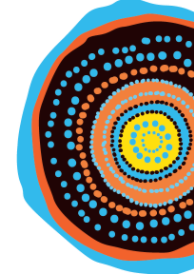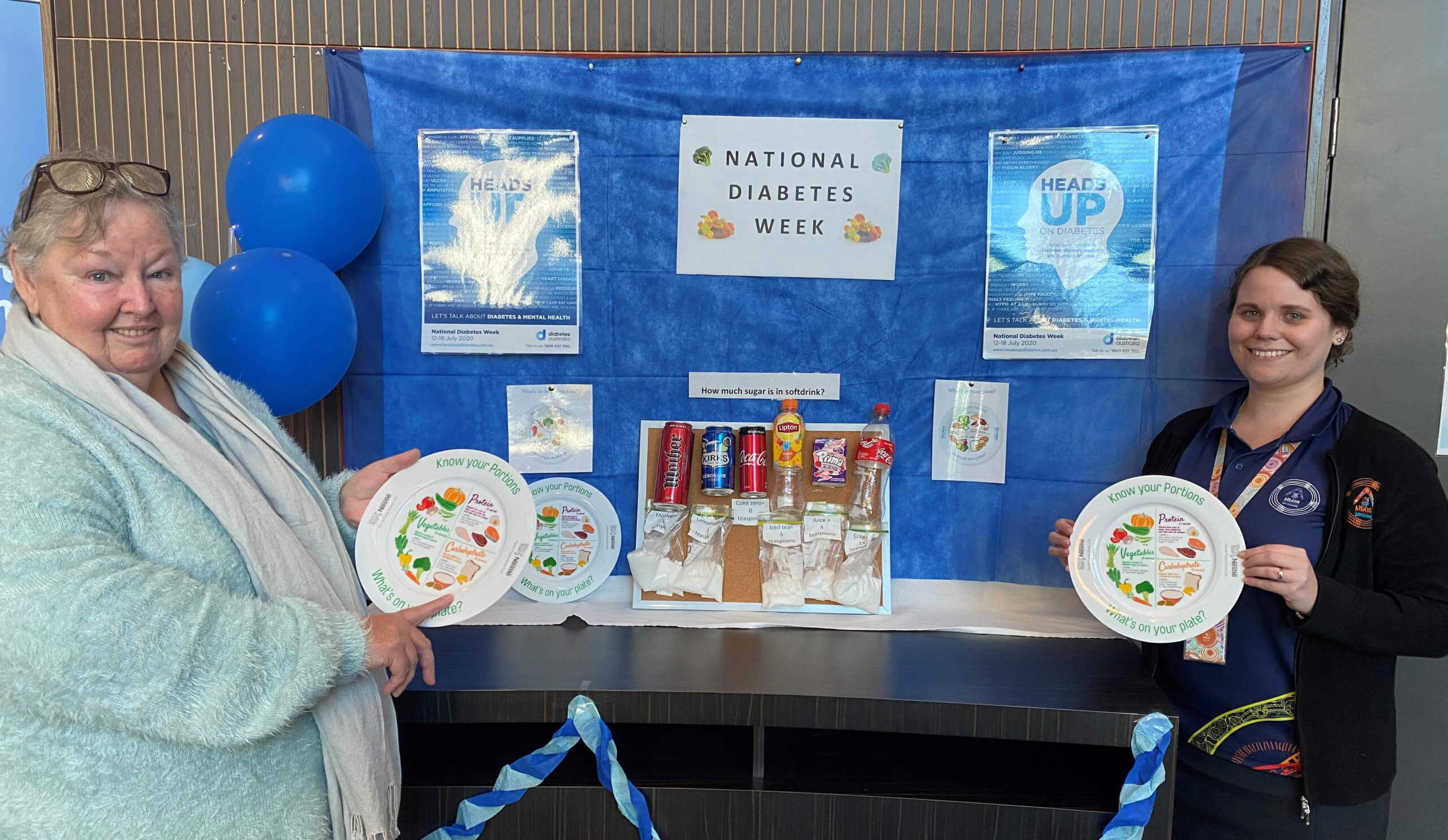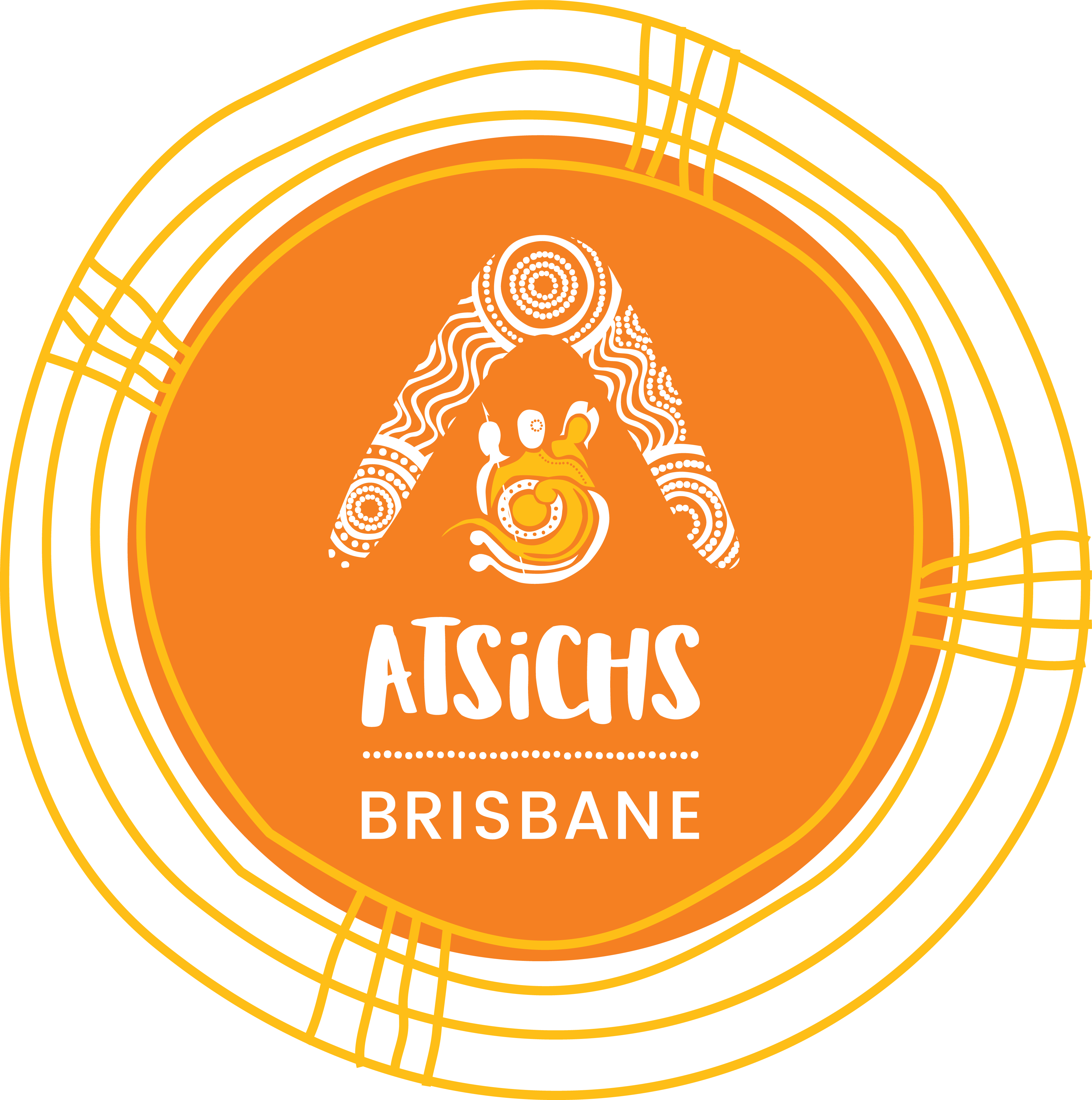News & Events


Diabetes Education
This National Diabetes Week it’s time to get educated. Mob are four times more likely to experience diabetes or pre-diabetes than non-Indigenous mob, which is why it’s important to know the facts.
What is diabetes?
Diabetes is a serious and complex condition that can also affect the entire body. When mob have diabetes, it means their body can’t maintain glucose (sugar) levels in the blood. For our bodies to work properly, we need to convert glucose from food to energy to go about our days. A hormone called insulin is essential in helping our bodies do this. People who experience diabetes can’t produce enough insulin which results in increased blood sugar levels.
There are three main types of diabetes – type 1, type 2 and gestational.
Here at ATSICHS Brisbane, we offer a diabetes education program for people diagnosed with the condition. Enquire at your next health check to access one of our friendly diabetes educators.
Type 1
Some mob have type 1 diabetes which usually first appears in kids and teenagers. Type 1 diabetes is when the body kills insulin. To help the body function properly, people with diabetes need daily injections of insulin.
Type 2
Many Aboriginal and Torres Strait Islander mob have type 2 diabetes, which is when the body stops insulin from working correctly. They might need to take tablets and insulin every day.
There’s also something called pre-diabetes which means that blood sugar levels are high but not high enough to be called diabetes.
Gestational
This type of diabetes happens when you are pregnant but not everyone gets it. It can go away after pregnancy but you and bubba can develop type 2 diabetes later in life.
Prevention
Unfortunately, type 1 diabetes cannot be prevented at the moment. However, research has shown that people at risk of type 2 can delay and prevent the condition by making deadly choices including:
- maintaining a healthy weight
- regular physical activity
- eating healthy tukka
- managing blood pressure and cholesterol
- quitting the smokes
- cutting down on grog.
Risk Factors
Diabetes week is a great opportunity to assess your risk. Many people do not know if they are at risk of developing type 2 diabetes or pre-diabetes. Assess your risk for type 2 by using the Diabetes Australia risk calculator.
If you find you may be at risk, have a yarn with your local clinic about having a test.
Resources
Diabetes Education Program
Learn more about our program and how our team of diabetes educators can help you manage your diabetes.





